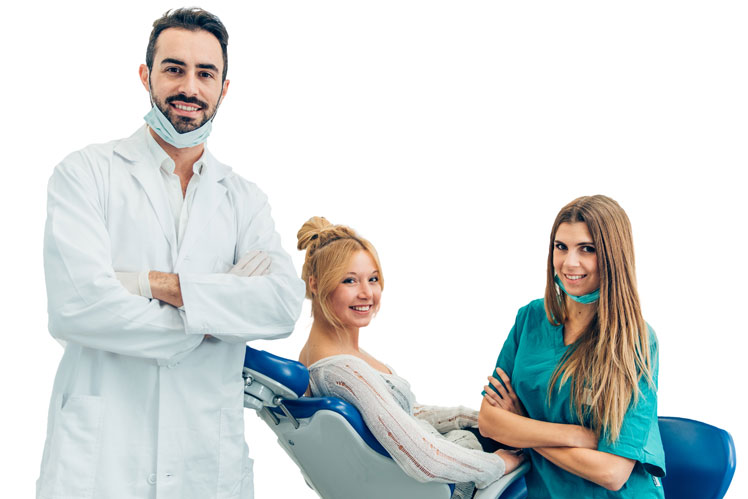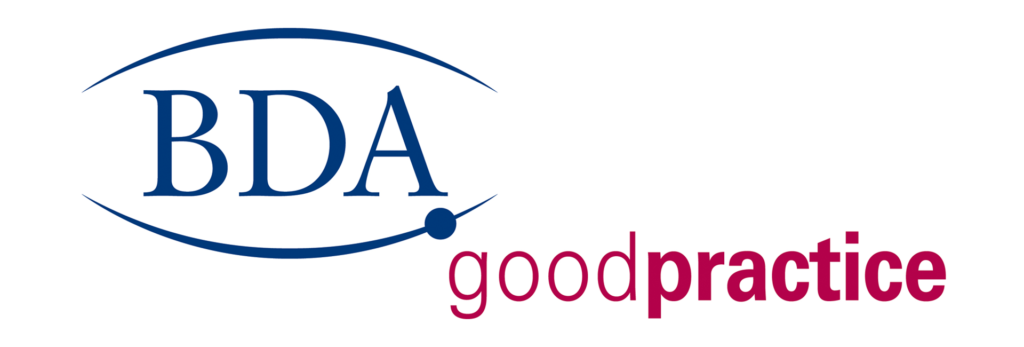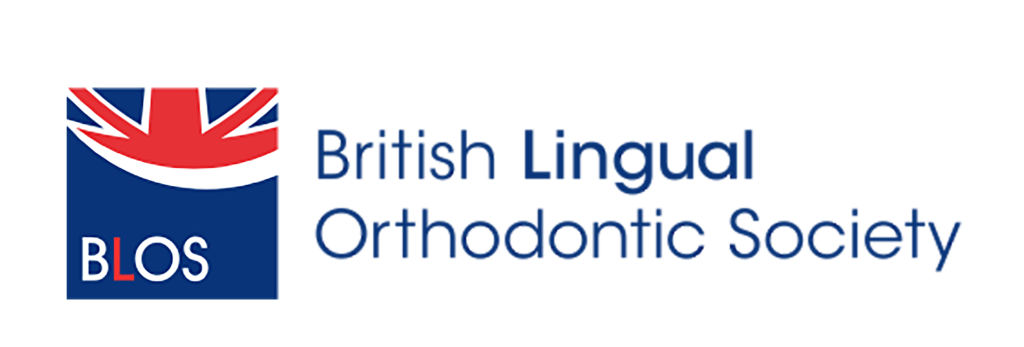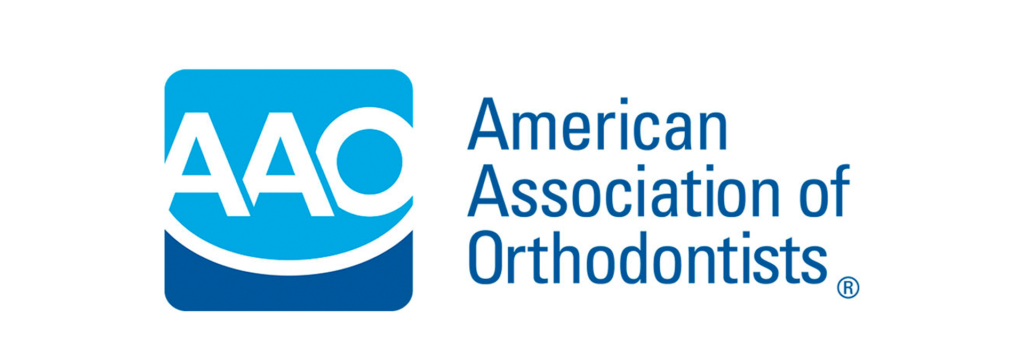Book a Consultation with
a Paediatrics Specialist
Book a consultation with
a Paediatrics Specialist
What is a Paediatric Dentistry?
Paediatric Dentistry is a specialised field that focuses on the oral health and dental care of infants, children, and adolescents. It involves prevention, diagnosis, and treatment tailored to the unique needs of young patients. Paediatric Specialists undergo extensive training beyond dental school to provide child-friendly care, create positive experiences, and address the specific oral health concerns of children.
Paediatric Specialists offer a wide range of services, including routine exams, preventive treatments, restorative procedures, and emergency care. They also educate parents and caregivers on oral care techniques, diet recommendations, and how to prevent dental issues.
It is recommended that a child has their first dental visit within six months of their first tooth eruption or by their first birthday. Starting early allows the specialist to monitor the child’s dental development, identify any potential issues, and provide guidance on oral hygiene and nutrition. Early visits also help children become familiar with the dental environment, reducing anxiety in future visits.
Common dental issues in children include tooth decay, cavities, gum disease, misalignment, and tooth injuries. Prevention involves establishing good oral hygiene practices, regular dental check-ups, a balanced diet, and fluoride treatment. Treatment options may include dental fillings, fluoride application, dental sealants, orthodontic intervention, or restorative procedures depending on the specific condition.
Dental X-rays are generally safe for children when appropriate safety precautions are followed, such as using lead aprons and collars. X-rays are recommended based on a child’s individual needs, dental history, and risk factors. They help identify dental problems not visible to the naked eye, such as tooth decay between teeth, impacted teeth, or bone abnormalities.
Parents can help their children establish good oral hygiene habits by teaching them to brush their teeth at least twice a day using a soft-bristled toothbrush and fluoride toothpaste. They should assist young children with brushing until they have the manual dexterity to do it effectively on their own. Parents can also encourage healthy eating habits, limit sugary snacks and beverages, and promote regular dental check-ups.
Prolonged thumb sucking or pacifier use can lead to dental problems, such as misalignment of teeth, an open bite, or palate shape changes. If these habits persist beyond the age of 3-4, parents should consider intervention. A Paediatric Specialist can provide guidance and strategies to help children break these habits and monitor dental development if any issues arise.
To make dental visits less stressful, parents can prepare their child by explaining what to expect in a positive and age-appropriate manner. A Paediatric Specialist may use child-friendly language, provide a welcoming environment, and use behaviour management techniques like distraction, praise, or rewards.
Diet and nutrition play a significant role in a child’s dental health. Consuming sugary and acidic foods and drinks increases the risk of tooth decay. Parents should encourage a balanced diet with plenty of fruits, vegetables, whole grains, and lean proteins. Limiting sugary snacks and beverages, especially between meals, and promoting water consumption can help maintain good oral health. Regular brushing and flossing after meals are also important for minimizing the impact of dietary factors on dental health.
Specialist in Paediatric Dentistry
Inhalation Sedation – a great way to reduce a child’s anxiety
At our Ealing Practice, we have a special way to help children feel calm when they visit the dentist.
We use something called inhalation sedation. This means that your child can breathe in a mix of air and a safe gas called nitrous oxide (Laughing Gas) through a small mask on their nose.
Inhalation Sedation helps children feel less pain and makes it easier to start treatment.
This procedure is really safe, and it doesn’t make your child go to sleep. They will stay awake and can still talk and respond.
Our team at Angle House Ealing is made up of experienced professionals, including dentists and nurses who know how to use inhalation sedation. This means parents can trust that their children will be taken care of really well
What are common childhood conditions treated by Paediatric Dentistry?
1. Tooth Decay: Paediatric Specialists address dental caries (cavities) in children, which can occur due to poor oral hygiene, consumption of sugary foods and drinks, or genetic factors.
2. Gum Disease: Paediatric Specialists diagnose and treat gum diseases such as gingivitis and periodontitis, which can cause inflammation, bleeding, and infection of the gums.
3. Tooth Infections: When tooth decay progresses, it can lead to tooth infections or dental abscesses. Paediatric Specialists provide appropriate treatment, which may include root canal therapy or tooth extraction.
4. Malocclusions: Paediatric Specialists manage various forms of malocclusions, including misaligned teeth, overbites, underbites, crossbites, and overcrowding. They may recommend orthodontic treatments such as braces or retainers.
5. Dental Trauma: Accidents or injuries to the mouth or teeth are common in childhood. Paediatric Specialists are trained to handle dental trauma, including tooth fractures, avulsions (knocked-out teeth), and injuries to soft tissues in the mouth.
6. Oral Infections: Paediatric Specialists diagnose and treat oral infections such as oral thrush (a fungal infection), herpes simplex virus (cold sores), and hand, foot, and mouth disease (viral infection).
7. Tongue-Tie: Tongue-tie, or ankyloglossia, is a condition where the frenulum (the tissue connecting the tongue to the floor of the mouth) is too short or tight. Dental paediatricians can perform a frenectomy to correct this condition.
8. Dental Erosion: Paediatric Specialists address dental erosion caused by factors like acid reflux, frequent consumption of acidic foods or beverages, or conditions like bulimia that expose the teeth to stomach acids.
9. Bruxism: Paediatric Specialists can diagnose and manage bruxism, which is the habitual grinding or clenching of teeth, often during sleep. They may recommend mouth-guards or other treatment options.
10. Dental Anxiety: Paediatric Specialists are trained in creating a friendly and supportive environment to help children overcome dental anxiety and fear associated with dental visits.

What if I have more questions?
Book your first consultation now for an expert assessment. We will discuss the best treatment for you, including all the costs and payment plans upfront.
If you have any more questions before booking, make sure to read our FAQs first. Just tap the button below.







